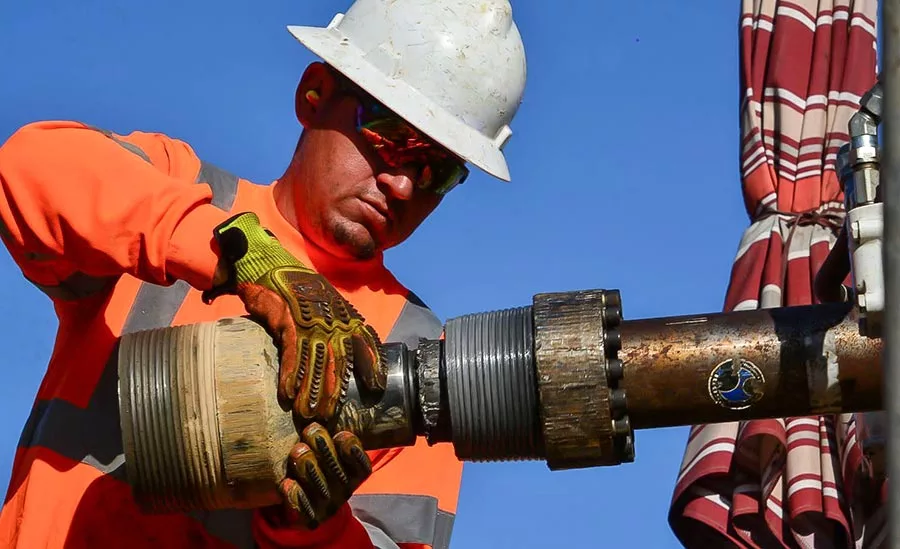Suppliers, Distributors and Drilling Contractor Success
PVC, Steel, Screens or Bentonite: Get the Best Materials

Whether you want the best fluids or latest PVC technology, you want a good network of suppliers and distributors.
Source: U.S. Air Force / The Driller file
At The Driller, we talk often about the Inflation Reduction Act of 2022 and the Infrastructure Investment and Jobs Act of 2021. There’s a reason: All this federal investment trickles down to drilling contracts for everything from groundwater to geothermal to geotechnical.
Recently, we’ve had conversations about scaling up. We talked partnerships, including the pros, cons, and positioning your company for them. We’ve even talked about creating a company knowledge base and optimizing how your company works.
All of these things can help drillers and drilling companies rise to the challenge presented by all this demand. New York State alone wants to put in 1 million heat pumps by 2030. Other drilling sectors see rising demand too. Think groundwater wells, other water infrastructure, geotechnical work for bridges and highways. That’s a lot of work. You have your equipment in place, JSAs and SOPs for days and (if you’re lucky) a few good crews. What else could you need to succeed?
Let’s talk materials: casing, drop pipe, bentonites, polymers, cement and everything else that goes into building a well. For materials, you need an excellent, reliable network of suppliers and distributors. You might depend on one place for your PVC. Maybe you get your mud bags from another supply house. Steel? That comes from a place in Pennsylvania. Screen? Someplace else. All of these inputs become valuable pieces of your success. In short, materials matter. If you stand by your work, you need to know the folks providing your casing, drop pipe and other critical materials stand by theirs. How?
- It starts with product research. Know what you need and who has it. If a job specs PVC, for example, you have a range of options depending on length, strength, connections and (of course) availability. Ask around. What suppliers do your peers use?
- After your research, make the calls. Talk to real people. It pays to remember that the cheapest source for any given input may not be the best. Every business is a people business. Suppliers and distributors can make the difference when it comes to finishing projects on or ahead of schedule. Don’t rely on someone for your livelihood if you wouldn’t recommend them to someone else. It’s not worth the hassle.
- Maintain your contractor/supplier relationship. If you have a good supplier, treat them like it. Every business is a people business. Take someone to lunch. Send the cards at holidays. Make periodic calls outside the purchasing relationship. What products are coming that your supplier is excited out? Ask.
- Re-evaluate the contractor/supplier relationship when needed. Did a shipment get delayed again? Out of stock at a critical time? When these situations start to affect your business, time to shop around.
These steps can help you find (and keep) good suppliers, whether you’re looking for the latest and greatest PVC well casing or simply trying to mix a consistent drilling fluid for your projects. Running a business — particularly a construction contractor — is hard enough. Don’t complicate things by working with substandard materials, suppliers or distributors.
Looking for a reprint of this article?
From high-res PDFs to custom plaques, order your copy today!



